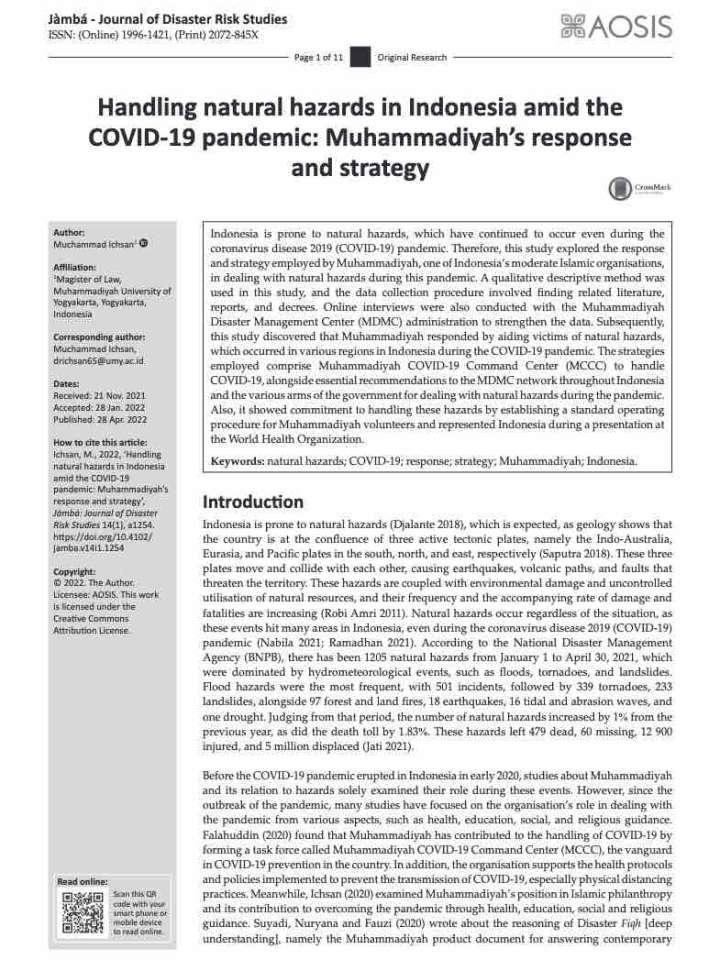Strategic Responses: Navigating Pandemic Challenges

Crafting Effective Responses: Navigating Pandemic Challenges
The unprecedented challenges posed by a global pandemic demand strategic and adaptive responses. In navigating these complex scenarios, effective pandemic response strategies emerge as crucial tools for mitigating the impact, safeguarding communities, and fostering resilience.
Understanding the Dynamic Nature of Pandemics
The foundation of effective pandemic response lies in a comprehensive understanding of the dynamic nature of these global health crises. Recognizing that pandemics evolve, presenting different challenges at various stages, allows for the formulation of strategies that are agile, adaptive, and rooted in real-time data and insights.
Collaborative Governance and Interagency Coordination
A successful pandemic response requires collaborative governance and seamless interagency coordination. Governments, healthcare systems, and relevant agencies must work together cohesively. Establishing clear communication channels, sharing resources, and coordinating efforts ensure a unified response that is vital in managing the complexities of a pandemic.
Implementing Early Detection and Surveillance Systems
Early detection is paramount in controlling the spread of a pandemic. Implementing robust surveillance systems, both at local and global levels, facilitates early identification of outbreaks. Monitoring trends, analyzing data, and swiftly responding to emerging threats enable authorities to contain and manage the impact of the pandemic effectively.
Strategic Testing and Contact Tracing Initiatives
Strategic testing and contact tracing initiatives form the bedrock of a targeted response. Widespread and accessible testing, coupled with efficient contact tracing, allows for the identification and isolation of cases promptly. This strategic approach helps break the chains of transmission and prevents the exponential spread of the virus.
Healthcare System Preparedness and Capacity Building
Ensuring the preparedness and capacity of healthcare systems is a critical aspect of pandemic response. This involves strengthening healthcare infrastructure, securing adequate medical supplies, and enhancing the capacity of healthcare professionals. A robust healthcare system is essential for managing the influx of patients and providing quality care.
Communication and Public Awareness Campaigns
Transparent and timely communication is indispensable in a pandemic response. Implementing effective communication strategies and public awareness campaigns disseminate accurate information, dispel myths, and foster a sense of collective responsibility. Informed communities are more likely to adhere to preventive measures, contributing to the overall success of the response.
Balancing Social and Economic Impacts
Pandemic response strategies must strike a delicate balance between addressing the health crisis and mitigating social and economic impacts. Implementing measures to support individuals and businesses affected by the pandemic, such as financial aid packages, unemployment support, and targeted economic stimulus, contributes to a more holistic response.
Prioritizing Vulnerable Populations and Equity
An equitable pandemic response prioritizes the needs of vulnerable populations. This includes the elderly, individuals with underlying health conditions, and marginalized communities. Tailoring strategies to address the specific challenges faced by these groups ensures that the response is inclusive and leaves no one behind.
International Cooperation and Information Sharing
Pandemics transcend borders, underscoring the importance of international cooperation. Sharing information, expertise, and resources on a global scale enhances the collective response. Collaborative efforts among nations foster a sense of solidarity and enable a more effective and coordinated approach to managing and overcoming the pandemic.
To delve deeper into effective pandemic response strategies, visit Pandemic Response Strategies. As the world grapples with the challenges posed by global health crises, implementing thoughtful and strategic responses is imperative. By understanding the evolving nature of pandemics, fostering collaboration, and prioritizing the well-being of communities, nations can navigate these challenges with resilience and effectiveness.



(501).jpg)


